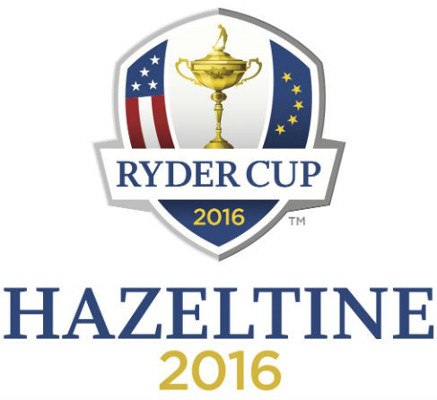- Phil Mickelson: 16 wins; 19 losses; 6 halves (the match is a draw, each team earns a half point)
- Jim Furyk: 10 wins; 20 losses; 4 halves
- Tiger Woods: 13 wins; 17 losses; 3 halves

Explaining America’s Drought at the Ryder Cup
Tiger Woods, Phil Mickelson and Jim Furyk have formed the heart of America’s Ryder Cup effort for the past two decades – a period of frustrating humility for the Americans who dominated Ryder Cup play until their opponent’s roster was expanded from England and Scotland to include all of continental Europe in 1979.
Woods and Mickelson have the major championships (Woods has 14; Mickelson has 6), the endorsements and adulation of American golf fans. Furyk lacks the star power of Woods and Mickelson and has just a single major championship (US Open), but he’s the epitome of a solid, steady golf professional who’s made an incredible amount of money. He’s known as a steely competitor who splits fairways, hits greens and doesn’t beat himself. He won the FedEx Cup Championship.
If you treated America’s Ryder Cup losses like a crime scene, you’d eventually run into three big clues that at least partly explain American futility in the biennial event.
Here’s a look at the American Big Three’s record in this competition:
Furyk has won just 35.2% of his starts in the Ryder Cup. Mickelson has won 46.2% of his starts. Woods has won 43.9% of his starts. It’s awfully difficult to win matches in a Ryder Cup format with these kinds of numbers.
When you compare those numbers to some of our Big Three from earlier eras, the contrast is stark. Arnold Palmer’s win rate was 71.9%. Jack Nicklaus’ was 66.1%. Gene Littler (who played 27 matches in the Cup during the same era) was 66.7%.
So, the question becomes, was the inclusion of continental Europe the reason Woods, Mickelson and Furyk sport subpar Ryder Cup records or is there another phenomenon at work here? That question is difficult to answer. Clearly, the inclusion of the full European squad has brought names like Sergio Garcia (won points in 67% of his matches, Jesper Parnevik (55%) and Henrik Stenson (55%) to the table. But, if you look at the European players who’ve been dominant over the past several cups, you see the British and Irish names who would have been on the team in the original formation. Justin Rose (71%), Ian Poulter (72%) and Colin Montgomerie (65%) were on a number of those teams that took down Mickelson, Woods and Furyk.
The debate will rage on and, with Tiger on the sidelines, Phil aging (but playing great golf as late) and Furyk recovering from an injury, the American fortunes will be in the hands of our next generation of players – Jordan Spieth, Rickie Fowler, Patrick Reed and their slightly older peers such as Dustin Johnson and Bubba Watson. Spieth seems like a natural leader, fearless and steady and he may well be the American who begins to turn things around.





